My research interest are:
︎︎︎ Computational Design
︎︎︎ Machine Readable Regulation
︎︎︎ Innovation Policy
︎︎︎ Spatial Computing
︎︎︎ User Interaction Design
︎︎︎ Data Governance
︎︎︎ Computational Design
︎︎︎ Machine Readable Regulation
︎︎︎ Innovation Policy
︎︎︎ Spatial Computing
︎︎︎ User Interaction Design
︎︎︎ Data Governance
As a researcher I explore how new models and emerging technologies reshape conventional planning and design practices
Non-Extractive Architecture
Since March 2021 I have been participating in a Non-Extractive Architecture (NEA) research project. NEA is a live research platform in the Palazzo delle Zattere. Acting as performative research, NEA rethinks the responsibility of the architects role and explores externalities and side effects of material economies and supply chains in the building environment.
![]()
![]()
![]()
![]()
![]()
![]() Date: March 2021 – January 2022
Date: March 2021 – January 2022
Location: V–A–C Zattere, Venice, Italy
My role: Research fellow
Curator: Joseph Grima and Space Caviar
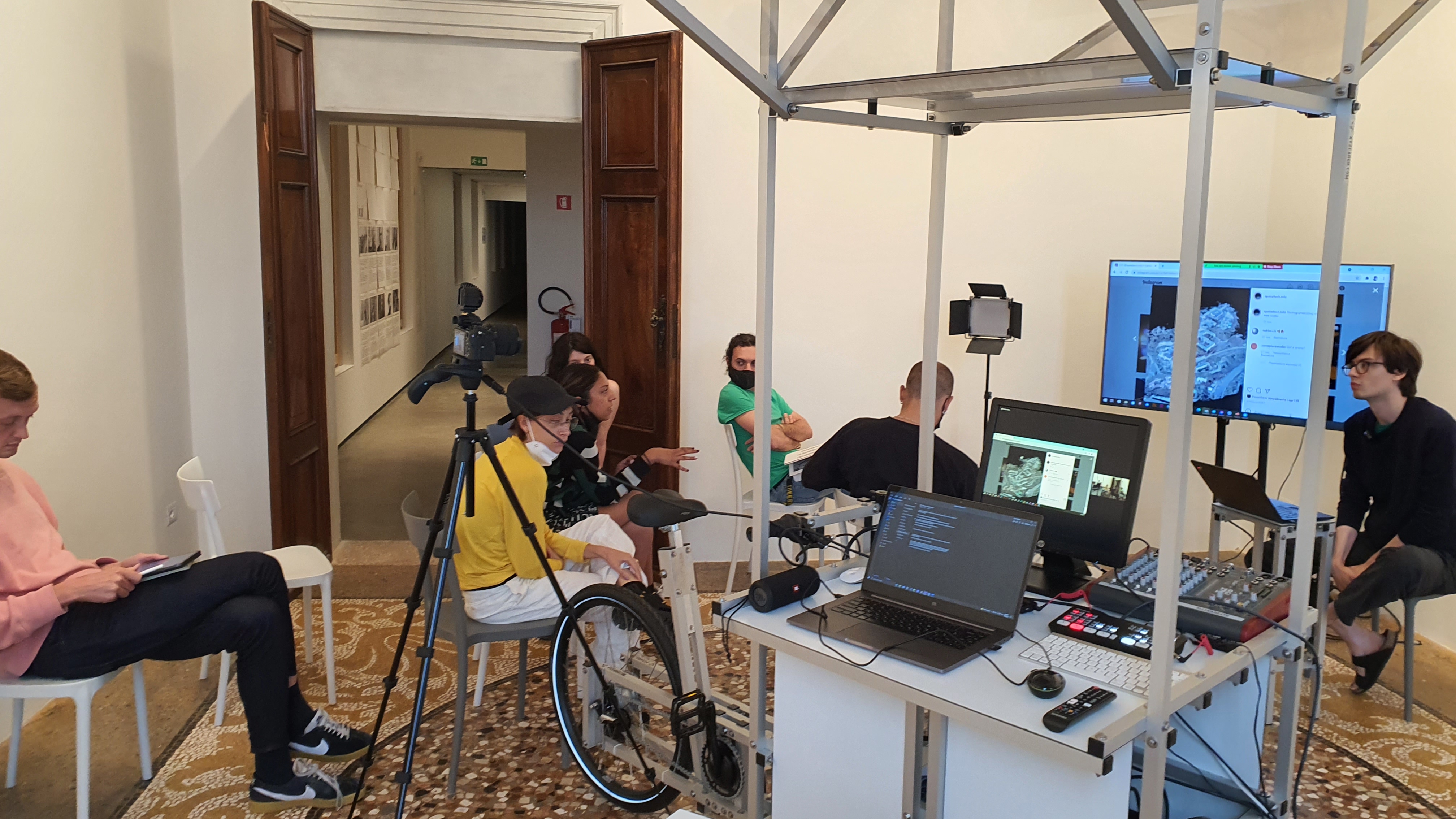
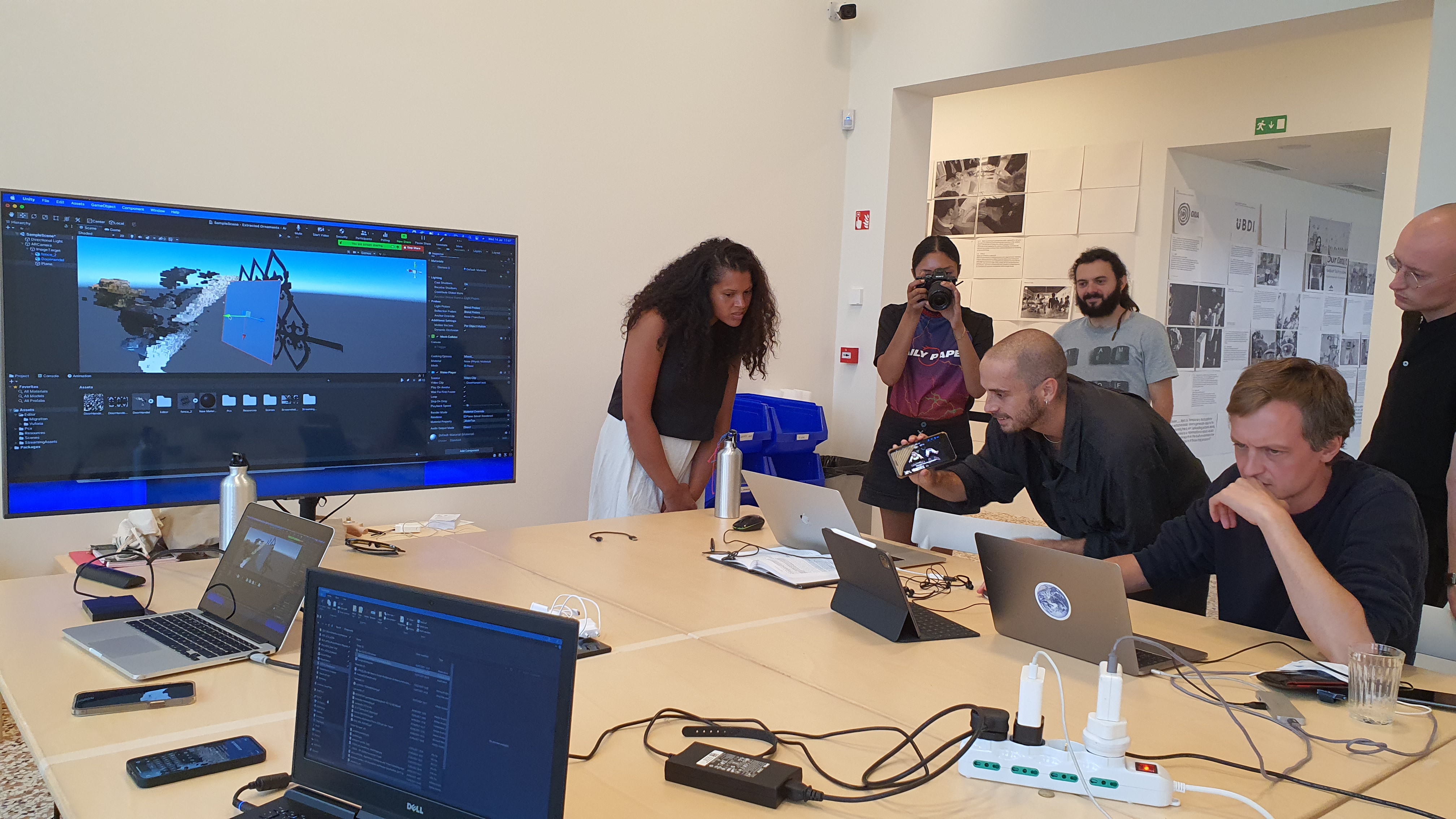

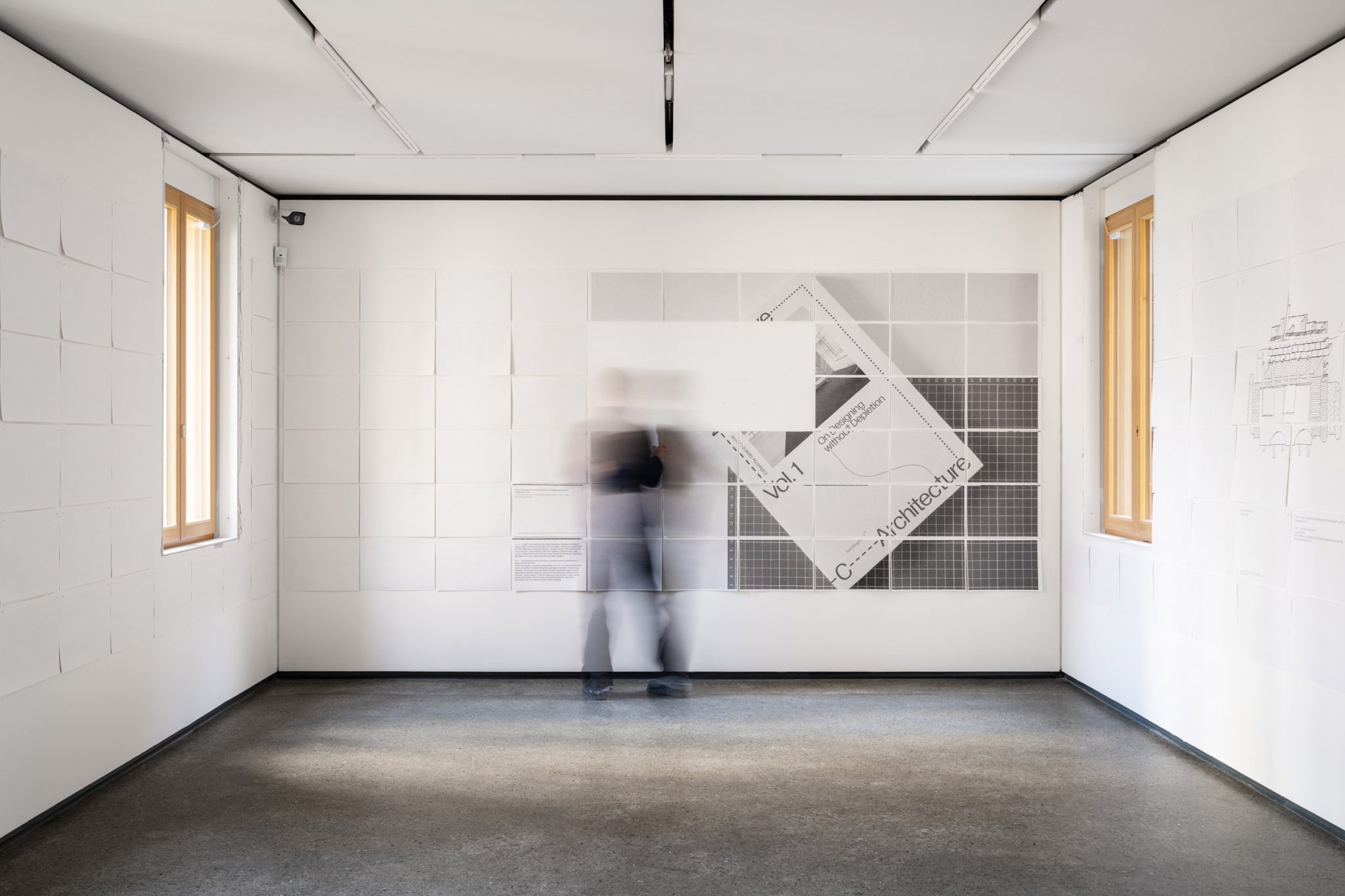
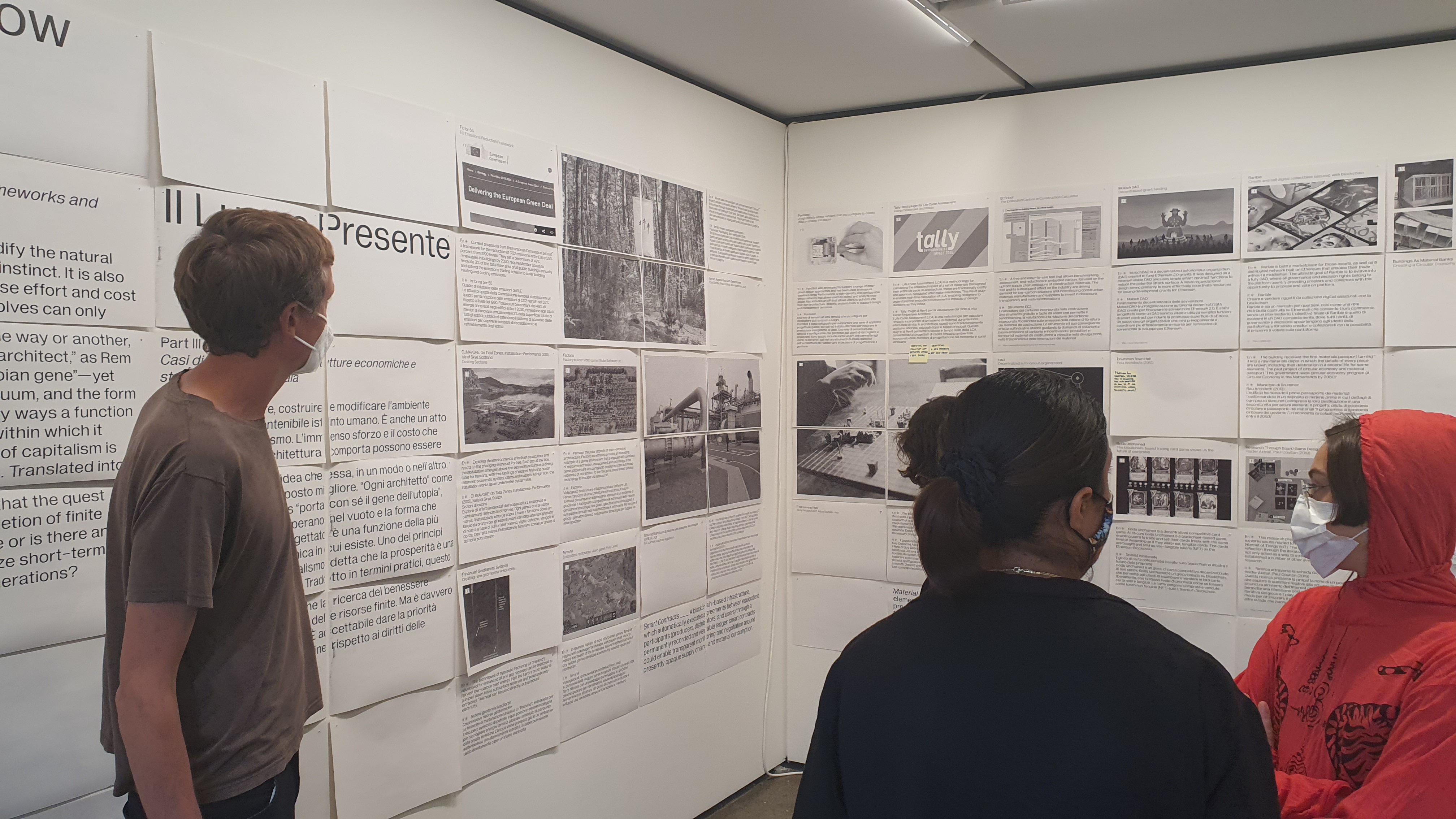
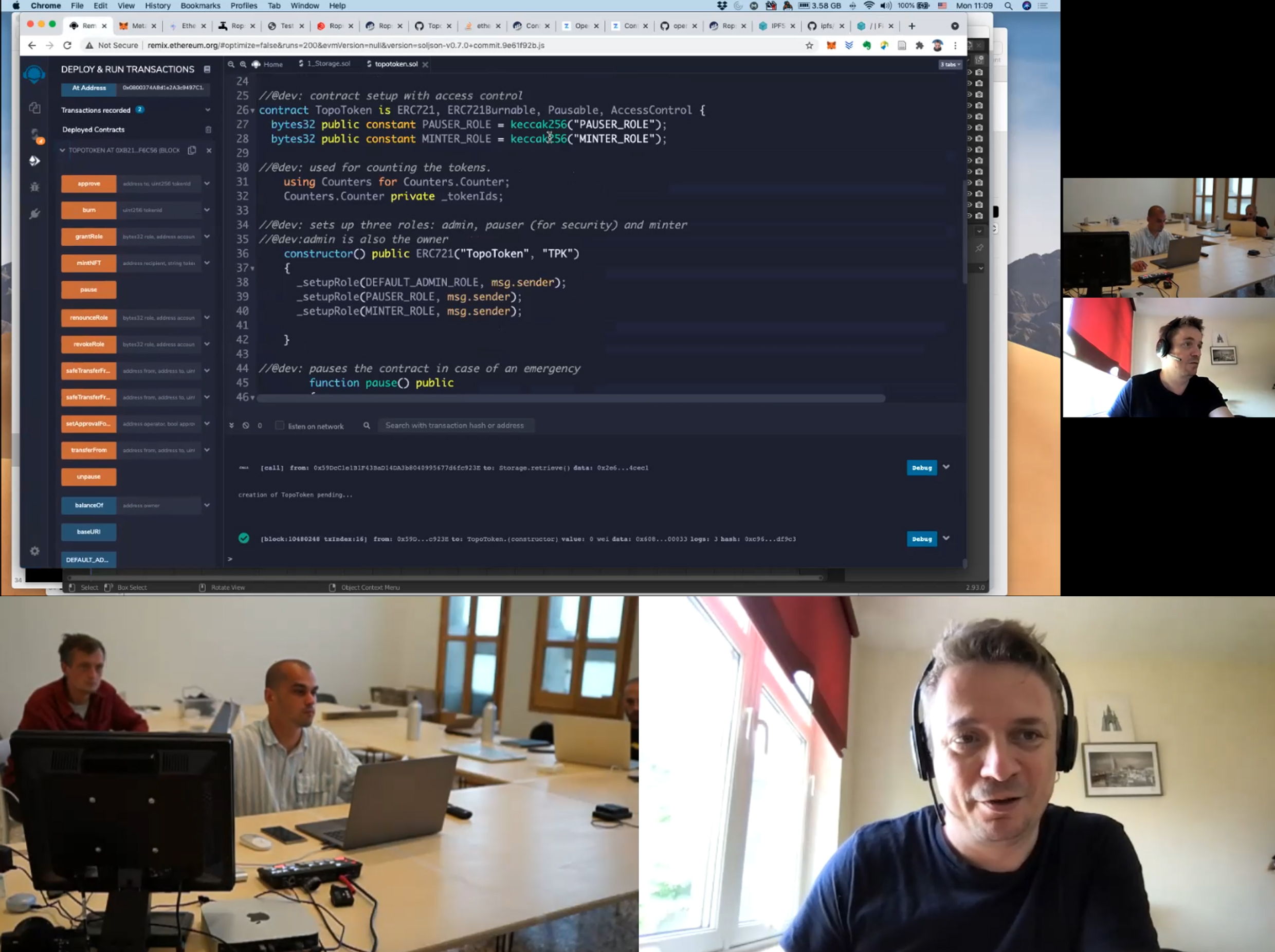
Location: V–A–C Zattere, Venice, Italy
My role: Research fellow
Curator: Joseph Grima and Space Caviar
The project sets out to examine — and redefine — the public’s expectations of the architect and architects’ expectations of themselves. What if architecture were understood first and foremost as a form of husbandry of the built and natural environments? What if we redesigned our economies to favour integration, circularity, durability and social resilience through the towns and cities we build? What if the material supply chains behind environments we inhabit were visible and participatory rather than invisible and often exploitative? Read more about the project
![]()
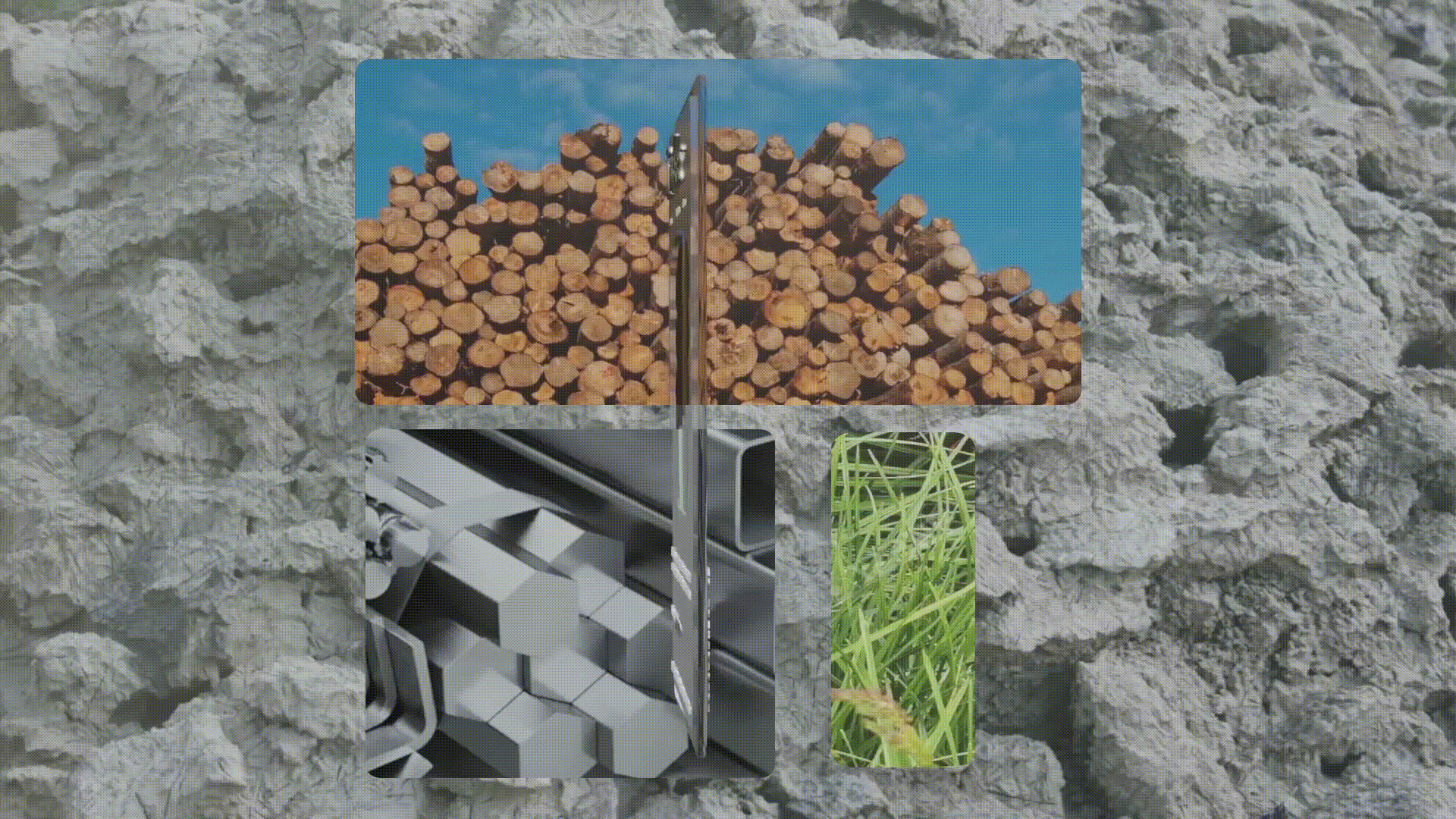
Presense.city
Presense is the title of the wider research project which looks over the horizon at the convergence of two data centered technologies: prediction algorithms and digital twins. Presense became an apparatus for speculation receptive to a wide range of topics (post work, post privacy, right to monetise (personal data), algorithmic governance, universal basic income etc) with the focus remaining on the ‘human scale’ as in uncanny valley, created by prediction services, widens. The project was originally developed at Strelka Institute of Media, Design and Architecture as part of The New Normal programme. Read more about the project.
![]()
Date: 2019
Location: Moscow, Strelka Institute, The New Normal
Team: Sveta Gorlatova, Artem Nikitin, Gleb Papyshev, Igor Sladoljev

Date: 2019
Location: Moscow, Strelka Institute, The New Normal
Team: Sveta Gorlatova, Artem Nikitin, Gleb Papyshev, Igor Sladoljev
As an expanded urban design practice, Presense investigates the intersections of urban planning and synthetic modelling, while highlighting the phenomena of predictive self-sensing - a feeling that you experience when you see your computer generated future reflected back at you. While building a platform, Presense explores the phenomenon of predictive self-sensing and the side-effects of the platform through cinematic language.
![]()
![]()
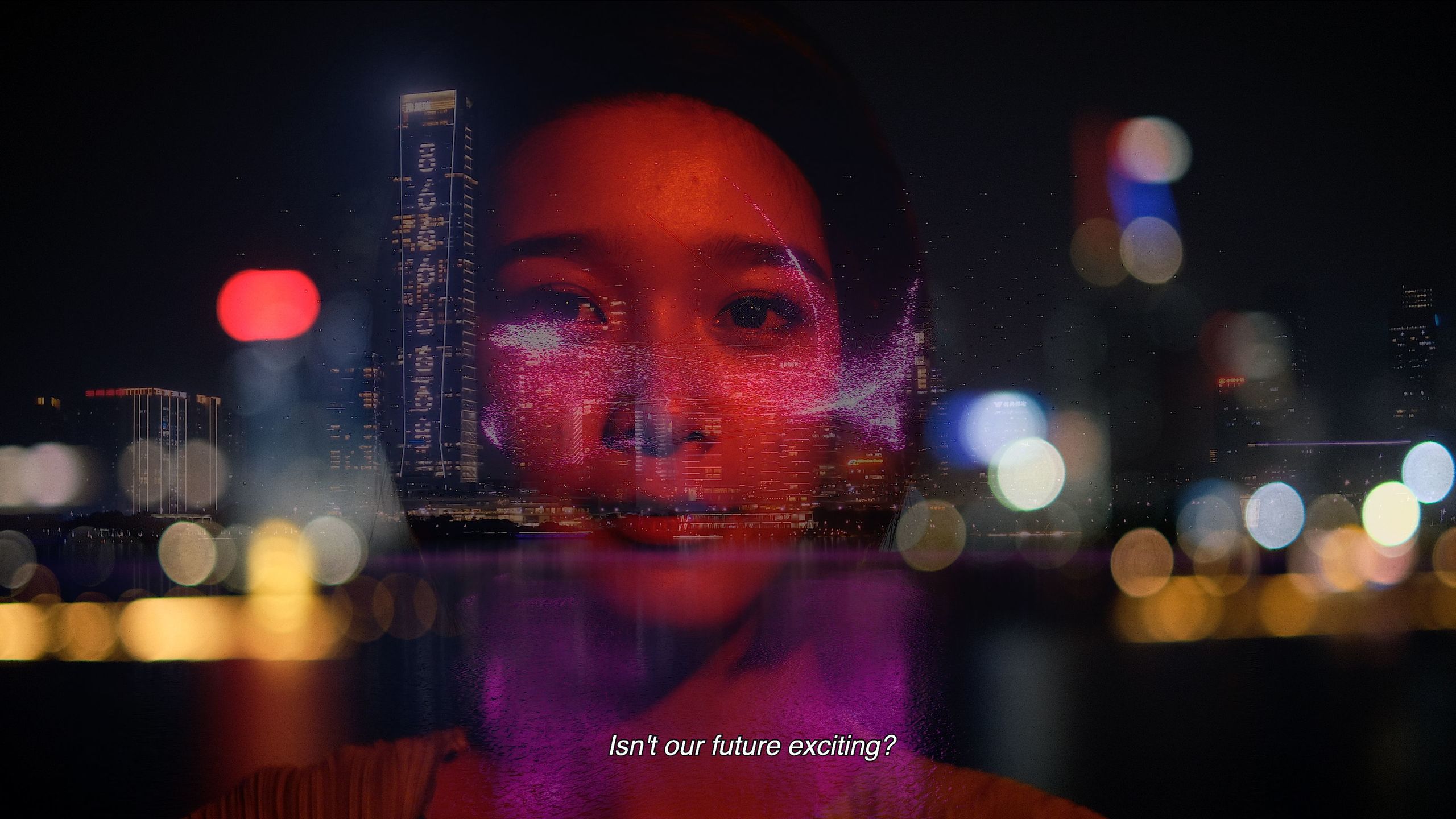
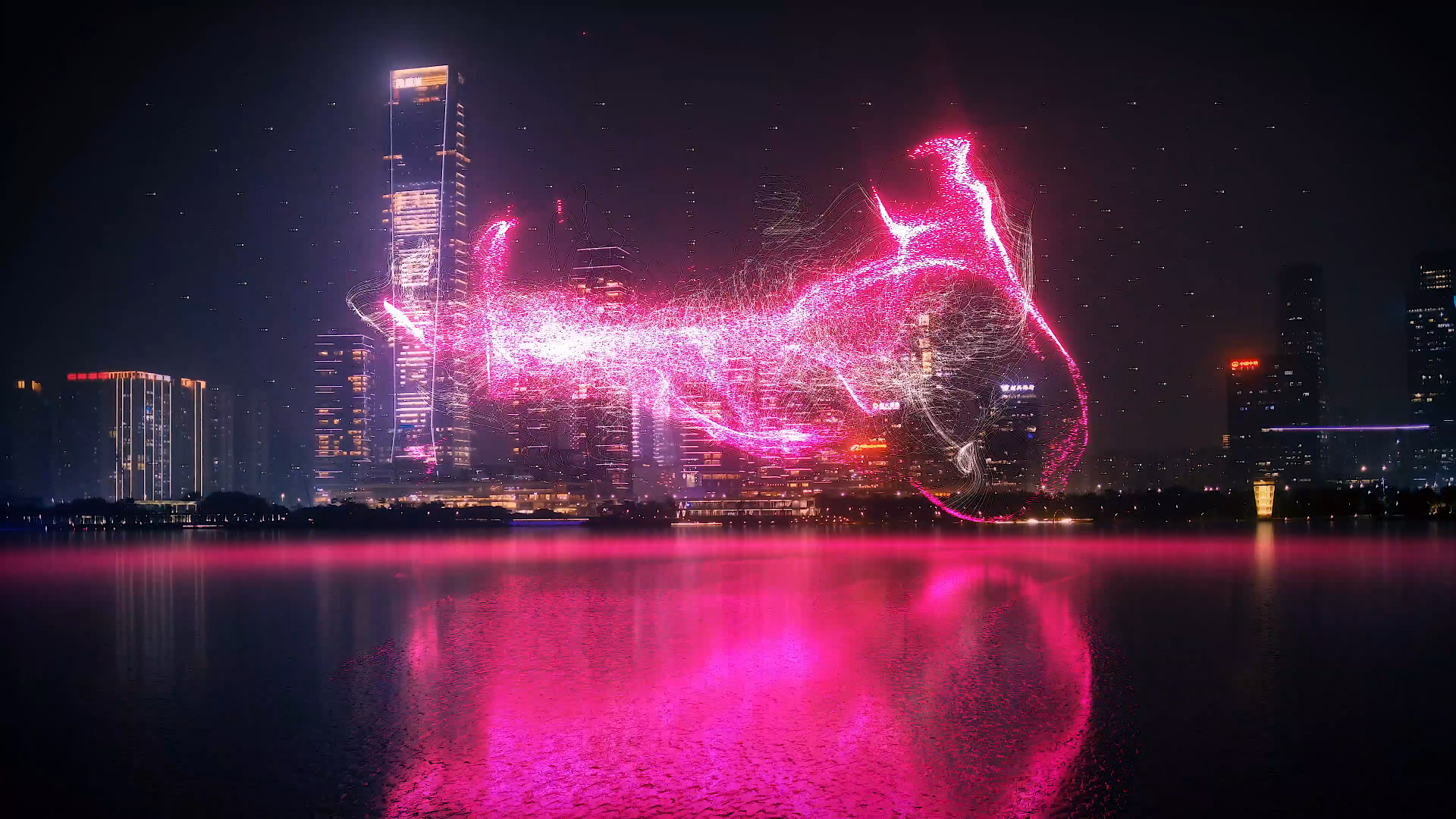
Projects and Events by Presense:
Name
Description
Workshop
Using the theory and practice of speculative design, 26 participants learned to create alternative scenarios about the local city and investigate the positive and negative side effects of digital transformation of the environment.Storytelling as a design tool allows us to examine the consequences of urban change before it is implemented by using imagination and research. During the 2-day workshop participants learned how to collect and analyse open city data, formulate speculations, structure of narrative build and defend the final concept.
My role was the conceptualisation and framework design, tutoring and group leadership.
Team:
Artem Nikitin & Sveta Gorlatova
My role was the conceptualisation and framework design, tutoring and group leadership.
Team:
Artem Nikitin & Sveta Gorlatova
Open Data Day
(Presentation)
The Presense team presented research and work in progress in the film ‘Shanzhai Sonata’ at the conference Open Data Day in Moscow in the ‘City and Spatial Data’ section.Open Data Day is a part of the International Data Day. These events help promote the concept of open data and transparency of information provided by governments, businesses, non-profit organisations and communities.
My role was presenting the project and taking part in public discussion.
Team:
Gleb Papyshev, Sveta Gorlatova, Artem Nikitin
My role was presenting the project and taking part in public discussion.
Team:
Gleb Papyshev, Sveta Gorlatova, Artem Nikitin
Bi-City Shenzhen Biennale of Urbanism Architecture
Presense project was presented as a part of Resisting technology section at the main Biennale venue - Futian Railway Station. Presense exhibited the first part of the research and films produced during The New Normal education programme at the Strelka Institute - 3 scenarios of user experience with the machine learning prediction platform, Presense. Presense commissioned the new film, ‘Shanzhai Sonata’, a cinematic meditation on the post-work economy emerging in Shenzhe.
My role at the biennale was research and writing story boards for ‘Data Trainer’ (part of Presense Sonata.
Team:
Gleb Papyshev, Sveta Gorlatova, Artem Nikitin, Igor Sladoljev
My role at the biennale was research and writing story boards for ‘Data Trainer’ (part of Presense Sonata.
Team:
Gleb Papyshev, Sveta Gorlatova, Artem Nikitin, Igor Sladoljev
Shanzhai Sonata
Shanzhai Sonata is a cinematic meditation on the post-work economy. Shanzhai sonata investigates the swarm effect of the new economic order emerging from Shenzhen. The question of ‘value’ of a copy is approached by looking at it from a macro scale, treating Shenzhen as an unprecedented phenomenon of urban and economic growth - an outcome stemming from that very same ideal.
Set in the immediate future, the film narrates one story occurring in parallel in Shenzhen, Amsterdam and Moscow as three separate narrative movements of a single sonata. What holds them together is the story’s protagonist investigating a data monetisation phenomenon made possible through a new digital platform - Presense.
Direction, editing & cinematography by Igor Sladoljev
Produced & conceived by Igor Sladoljev,Gleb Papyshev, Sveta Gorlatova, Artem Nikitin
Set in the immediate future, the film narrates one story occurring in parallel in Shenzhen, Amsterdam and Moscow as three separate narrative movements of a single sonata. What holds them together is the story’s protagonist investigating a data monetisation phenomenon made possible through a new digital platform - Presense.
Direction, editing & cinematography by Igor Sladoljev
Produced & conceived by Igor Sladoljev,Gleb Papyshev, Sveta Gorlatova, Artem Nikitin
The Russian Pavilion at the Venice Architecture Biennale 2020: Public Programme
Presense team participated in the open call OPEN! and was mentioned by Ippolito Pestellini Laparelli and the curatorial team as a project of particular interest for the Public Programme.
The essence of the pavilion makes it a resemblance of a polity - the pavillion state that wants to be re-imagined. Thus we are transforming it into an open platform to work on the new constitution of the pavilion. The walls of the main hall are covered with numerous identical screens which provide 24/7 live streaming of the agencies (candidates from the application process) who work collaboratively on the content of the constitution during the biennale. To avoid any human bias, the text of the actual document will be written by a machine learning algorithm trained on text and video data gathered from discussions between the agencies.
Team:
Gleb Papyshev, Liza Dorrer, Sveta Gorlatova, Artem Nikitin
The essence of the pavilion makes it a resemblance of a polity - the pavillion state that wants to be re-imagined. Thus we are transforming it into an open platform to work on the new constitution of the pavilion. The walls of the main hall are covered with numerous identical screens which provide 24/7 live streaming of the agencies (candidates from the application process) who work collaboratively on the content of the constitution during the biennale. To avoid any human bias, the text of the actual document will be written by a machine learning algorithm trained on text and video data gathered from discussions between the agencies.
Team:
Gleb Papyshev, Liza Dorrer, Sveta Gorlatova, Artem Nikitin
HackathonAtom Cities
During a 3 day hackathon, Presense team worked on the project ‘Kvark’ within the ‘Urban Communities’ track. Kvark is a concept of a city-scale platform, functioning as a city-loyalty system. The platform provides an apparatus for task-based communication between city officials and citizens, where the citizens are remunerated with loyalty points - Kvarks - for conducting certain activities in the city. Kvarks can be spent in local shops and are used as a means for support of small businesses.
Team:
Gleb Papyshev, Liza Dorrer, Sveta Gorlatova, Artem Nikitin, Andrey Parfenov
Team:
Gleb Papyshev, Liza Dorrer, Sveta Gorlatova, Artem Nikitin, Andrey Parfenov